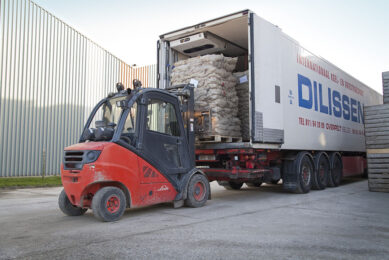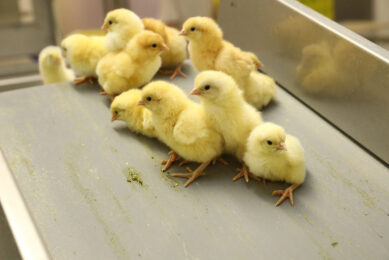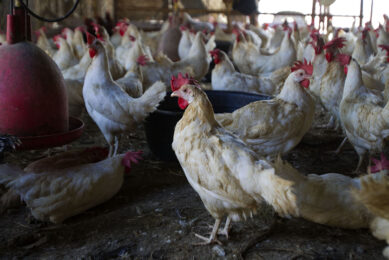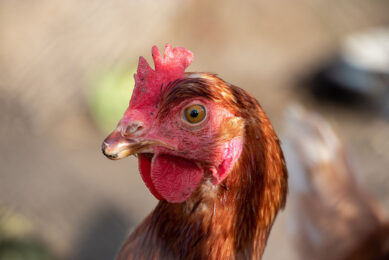EU-Mercosur talks significant to poultry and livestock sector
The European Commission’s trade directorate has announced its intention to resume bilateral trade negotiations with the Mercosur group of countries. If successful, these talks could have significant implications for UK agriculture, especially the pig, poultry and beef sectors.
The Mercosur group is a South American trade bloc comprising Argentina, Brazil, Paraguay, and Uruguay. Venezuela also joined the group in 2006. Negotiations between the EU and Mercosur began in 1999 but have been suspended since 2004 owing to significant differences in ambition between the two parties.
The Commission’s statement highlights the significant opportunities that exist in a deal for EU industrial goods and services, however, this masks the significant impact a deal could have on the agricultural sector, reports the NFU.
The EU is already a major net importer of agricultural goods from the Mercosur countries – imports amounted to €26 bln in 2007/8 with exports a mere €1 bln. Brazil represents 64% of EU/Mercosur imports. Given the sheer competitiveness of South American producers – labour costs according to the EU Commission are estimated at 16% of those in the EU- any agreement that reduces the duty or increases the tariff rate quota for farm goods from Mercosur is bound to have some impact on the EU market. And given that the EU’s original offer on 2004 for concessions (mostly in the form of TRQs – or low tariffs applied for a specified quantity of imports), it can be expected that Mercosur will seek further concessions as a price to pay for opening up trade in goods and services.
Why have the talks been reignited? It comes, in fact, as little surprise, says the NFU. The failure to make meaningful progress on the Doha Round of WTO talks means that many countries and trading blocs around the world are seeking to accelerate bilateral trade deals as a means of injecting trade stimulus into their economies at a time of feeble recovery, especially in the OECD countries. The EU has perhaps been at the forefront of this, recently pushing through a free-trade agreement with South Korea and initiating talks on a trade agreement with Canada and another with Colombia, Panama and Ecuador.
The NFU’s policy is to support a multilateral, rules-based approach to trade liberalisation through the WTO, provided that such a deal provides reciprocal benefits to the EU in return for opening our markets. In relation to the WTO, while it is clear that a Doha Round deal might have some negative effects for some EU sectors, because it requires other countries around the world to be bound by the same rules, it also obliges them to open up markets, reduce export subsidies and also put restraint on their domestic subsidies (especially the case for the US). No such provision exists under bilateral trade deals which are a straight swap – in the case of Mercosur, the EU wants access to markets for cars, engine components, biosciences and so on. Mercosur wants more access to the EU’s high value food and agricultural markets. Mercosur is rightly a concern to us, especially since it could exacerbate concerns about exporting production and the high standards of animal welfare and environmental protection that prevail in the EU.
A deal with Mercosur is likely to come under scrutiny. Already several Commissioners have raised some concerns in the College about a possible deal. And since new trade agreements have to be approved by the European Parliament under the Lisbon Treaty one can expect that it will not be plain sailing for either party. The NFU will be following the resumption of talks closely and providing further analysis for the sectors affected.













